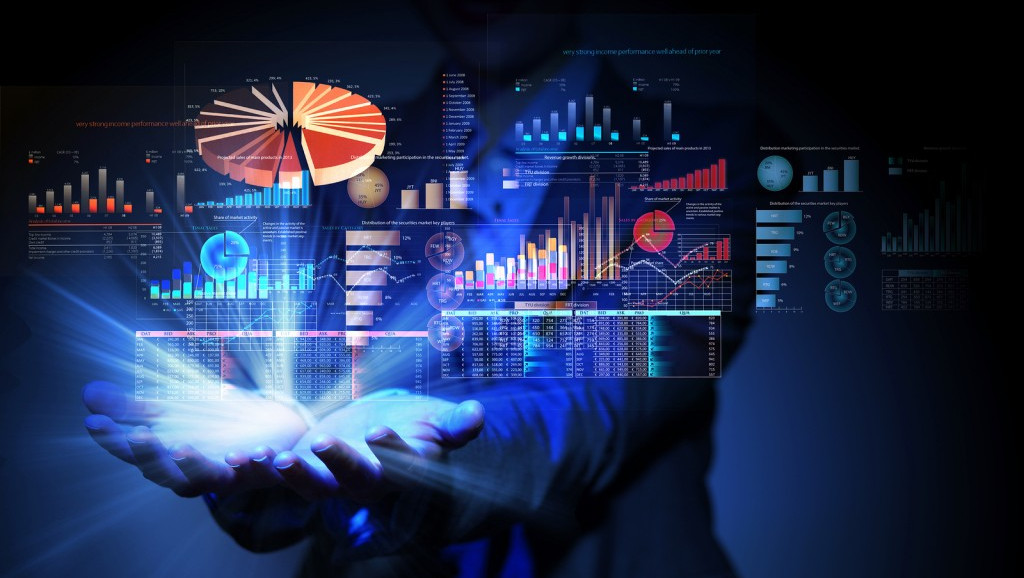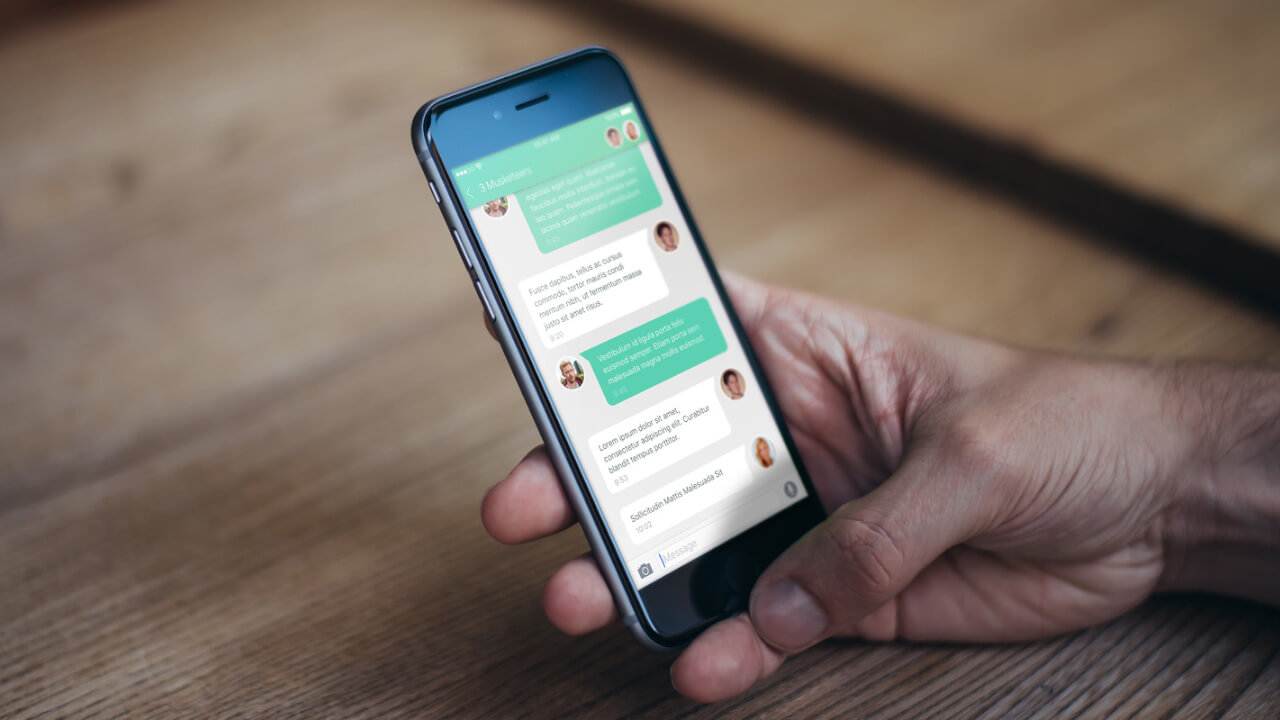
Hoteliers face several challenges using data effectively. Fragmented data from various sources makes it difficult to get a complete guest picture. Dirty data with inconsistencies and duplicates leads to inaccurate insights. Even with insights, translating them into actionable strategies for different departments can be tough.
NB: This is an article from Bookboost
Subscribe to our weekly newsletter and stay up to date
Finally, resource constraints like budget and skilled personnel limit data management capabilities, especially for smaller hotels. Despite these hurdles, data analysis remains vital for the hospitality industry.
What is the power behind data? In real examples, what results can properties achieve?
The power behind data lies in its accessibility and intelligent utilization. By harnessing data effectively, properties can transition from a general communication approach to a hyper-personalized and targeted messaging strategy based on specific interests.
For instance, analyzing data may reveal that a particular service is popular among couples. By segmenting guests accordingly, properties can increase revenue and enhance guest satisfaction. This shift towards personalized experiences can lead to tangible outcomes such as improved guest loyalty, increased revenue streams, and enhanced operational efficiency.
Ultimately, leveraging data allows properties to tailor their offerings to meet the unique preferences and needs of individual guests, driving overall success and competitiveness in the hospitality industry.
From a technology perspective, what does it mean to be guest-centric?
From a technology perspective, being guest-centric means understanding and anticipating the needs of the guest, providing solutions before they even experience the problem, and doing so in an integrated manner.
It involves relying on guest data to make informed decisions and ensuring that data is accessible, clean, structured, and easy to use through tools like a Customer Data Platform (CDP) and a Customer Relationship Management (CRM) system.
By leveraging technology to seamlessly support the guest journey, from booking to check-out, and by creating personalized experiences based on guest preferences, properties can truly put the guest at the center of their operations, driving guest satisfaction and revenue growth.
How can hoteliers use data to personalise the experience?
Hoteliers can use data to personalize the guest experience by leveraging various data points to tailor the guest journey. This includes analyzing data related to individual guests, channels, companies, and even specific occasions such as birthdays.
By understanding these data points, they can create personalized experiences for guests, such as sending arrival information at the right time when guests are close to the property. This level of personalization enhances guest satisfaction and loyalty by catering to their specific needs and preferences.
How does a CRM complements and help hoteliers to embrace a guest-centric approach?
A CRM complements our efforts by providing a centralized platform to manage guest data effectively. It helps in cleaning, organizing, and structuring data, making it easy to understand and utilize for personalized guest interactions.
By using a CRM, we can create targeted campaigns, segment guests, and design personalized guest journeys, ultimately driving guest satisfaction and revenue growth.
How can data-driven revenue management strategies be used to personalise guest experiences without sacrificing profitability?
Data-driven revenue management strategies can be used to personalize guest experiences without sacrificing profitability by leveraging insights from guest data to optimize pricing, promotions, and offerings tailored to individual guest preferences.




